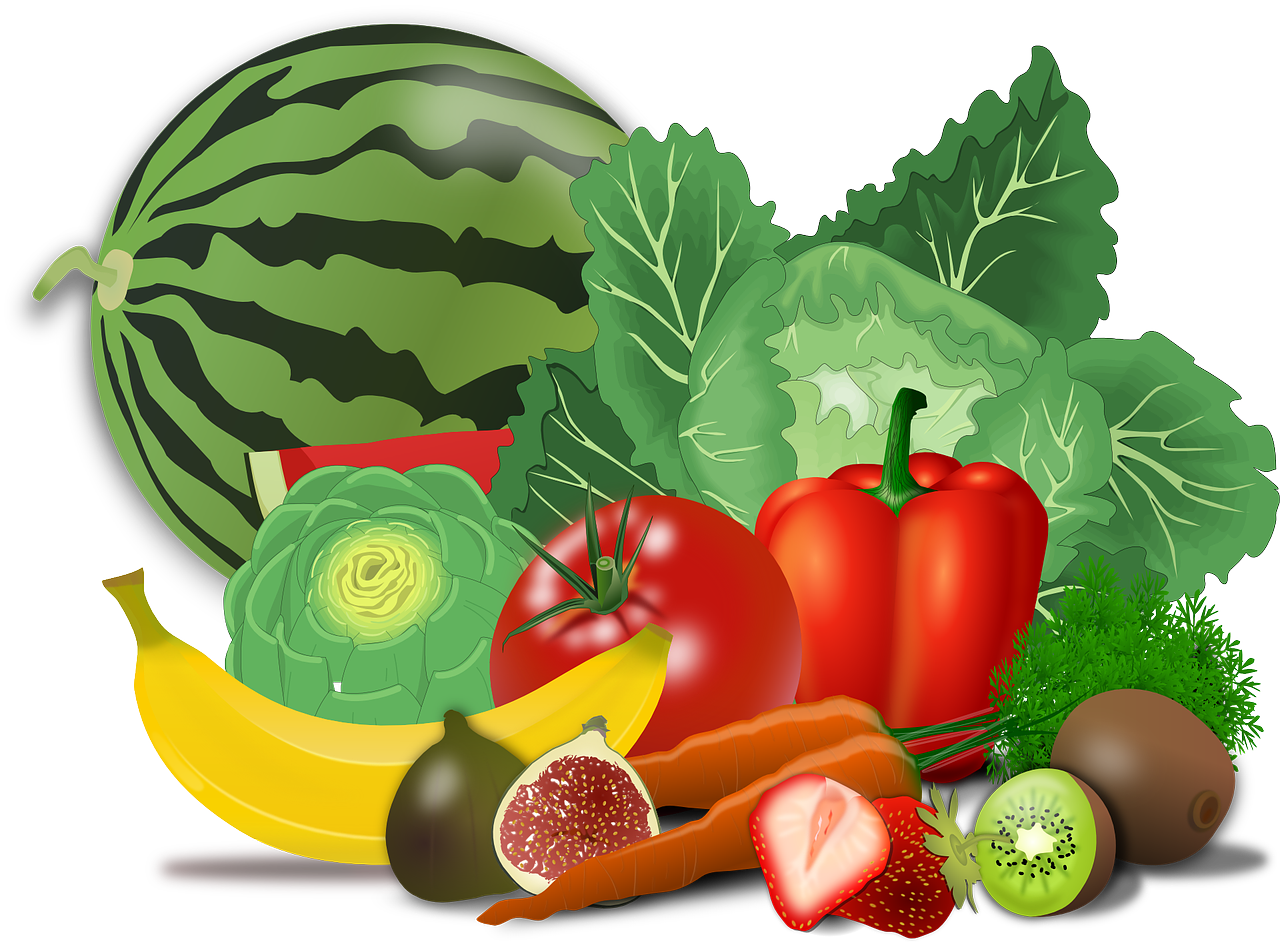Dysphagia is a condition that leads to difficulties swallowing, which can cause problems with maintaining a healthy weight due to not getting enough nutrients from the diet. Swallowing problems are often associated with conditions like multiple sclerosis, Parkinson’s disease, or dementia, and can be a risk factor for nutritional deficiencies and weight loss. In fact, studies estimate that over thirty five percent of adults over the age of 65 are affected by malnutrition. And somebody with dysphagia who struggles to get enough calories, minerals and vitamins from their diet could be more susceptible to colds and flu, see a decrease in their overall energy levels and mood, and have an increased risk of bed sores. The good news is that there are several ways to add healthy nutrients and fats into a dysphagia diet.
Nut Butters
Nut butters like peanut butter, cashew butter, hazelnut and almond butter are becoming more and more commonplace in grocery stores. They are packed with vitamins and minerals such as healthy fats, fiber, calcium, and protein along with being delicious. Stick with smooth nut butters from hazelnuts, peanuts or cashews for a creamier texture that is easier to swallow and watch out for brands that are high in added sugar. They can be added to curries, soups, smoothies, milkshakes, and other easy to swallow meal ideas.
Avocado
One cup of cubed avocado is very nutrient-dense, containing around 22g of healthy fats along with fiber, potassium, vitamin C and vitamin B6. Avocados don’t have a strong flavor on their own which makes them very easy to mix or blend into meals that are suitable for people with dysphagia, adding a creamy and smooth thickness.
Coconut Oil, Milk and Cream
Coconut oil is one of the few foods available with MCTs or medium-chain triglycerides, which are known for assisting cells in the body to convert calories to energy. Coconut oil is very rich in saturated fats, with one tablespoon containing around sixty percent of the recommended daily amount. This makes it ideal for people who are struggling to get enough fat in their diets, although it is best avoided by people with conditions like high cholesterol or heart disease. Coconut milk and coconut cream are also high in healthy fats and can be used in many dishes including smoothies, curries, stews, soups, and desserts. For soups, consider also adding some SimplyThick thickener gel to make it easier to swallow.
Greek Yogurt
Full-fat Greek yogurt is another food that is easier for those with dysphagia to swallow and is high in nutrients, making it a good addition to your diet. It is filled with probiotics that can help to improve gut health and is rich in protein and healthy fats. For the best nutrients, avoid ‘Greek style’ yogurts and look for a product with three to five active cultures listed in the ingredients along with limited added sugar. You can eat it on its own or blend it into soups, smoothies, and desserts.
When it’s difficult to swallow food, staying healthy can be a challenge. These foods are easier than most to swallow and packed with essential nu








